Grantee Profile: Rabbi David Rosenn with the Hebrew Free Loan Society
Name of Organization:
Hebrew Free Loan Society (HFLS)
Tell us about your work. What do you do?
HFLS uses the ancient Jewish practice of interest-free lending to meet the needs of lower-income New Yorkers seeking financial stability and opportunity in the 21st century. Founded 130 years ago, we were a microfinance organization before microfinance was cool. Every year, HFLS makes thousands of loans to borrowers both within and beyond the Jewish community, and not one of those loans has fees or interest. Borrowers simply pay back what they borrow at a rate they can afford, and the money from loans repaid goes right back out into the community, creating a sustainable community resource that helps people avoid financial crises and build wealth over time. HFLS borrowers use our loans to start small businesses, afford college, pay for job training, solve housing needs, or just to manage unexpected financial challenges without having to take on high-interest credit obligations. Most of our borrowers are immigrants or their children, and we are especially proud of our work to help individuals and families establish a new life in this country. This year, HFLS will issue more than $30 million of interest-free loans.
What is your approach to the work?
In addition to being a nonprofit financial institution, we also see ourselves as an ideas lab: HFLS is constantly developing and testing new models for lending. Our storm damage loans recognize and respond to the increasing cost borne by lower-income communities on account of flooding, hurricanes and other impacts of climate change. Our Security Infrastructure loan program provides bridge financing to schools, community centers that are building systems that will keep people safer. These programs and others have been taken up by some of the more than 40 free-loan organizations across the United States and Canada.
What’s most rewarding about the work that you do?
We can see how our loans make an immediate difference in the lives of our borrowers, helping them invest in a brighter future and preventing modest financial challenges from snowballing into larger crises. It is extremely satisfying when the impact of your work is so clearly visible right away.
What are you learning? What are some of the most important lessons you’ve learned in this work?
One of the things we are learning is that lower-income borrowers do not need to pay more for credit because they are at a higher risk for defaulting on loans. Our method of lending, which requires borrowers to bring a guarantor – someone they know who agrees to pay the loan if the borrower fails to pay – results in a repayment rate of over 99%.We use social capital to unlock financial capital, strengthening financial health and relationships in the communities where we lend.
What is something that folks might not know about your work that you think they should know?
You don’t have to be Jewish to get a loan from Hebrew Free Loan Society! We think of our work as a response to Hillel’s three famous questions:” If I am not for myself, who will be for me? If I am only for myself, what am I? If not now, when?”
What are you reading?
Delinquent: Inside America’s Debt Machine by Elena Botella
What do you think everyone should read? The Financial Diaries: How American Families Cope in a World of Uncertainty by Jonathan Morduch and Rachel Schneider

